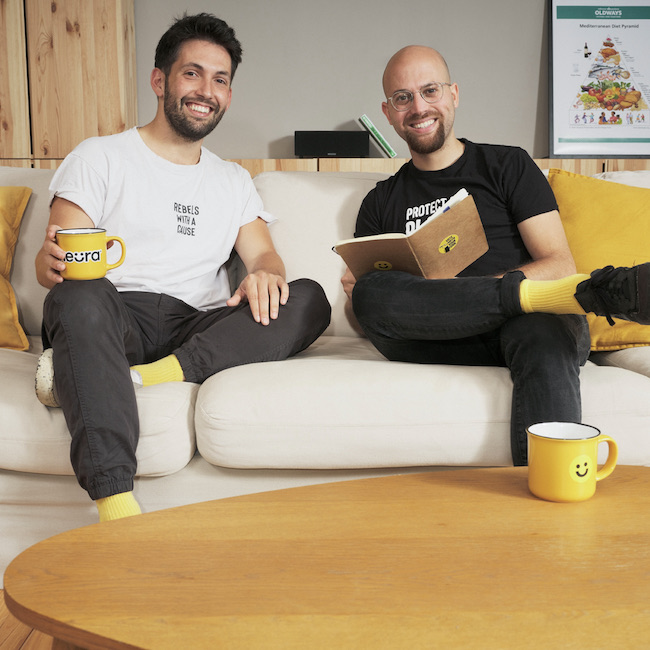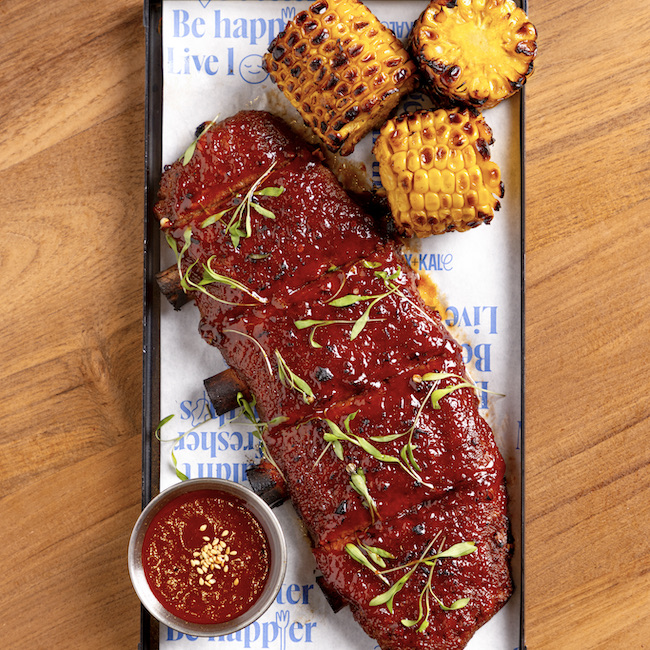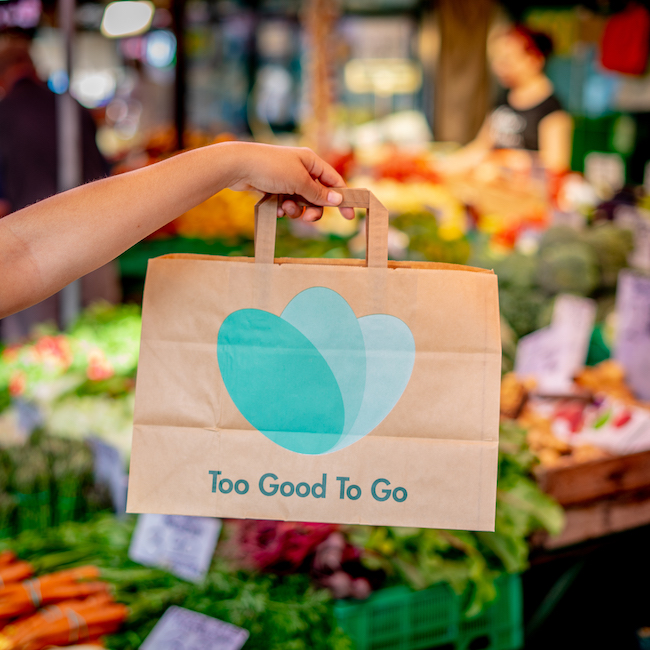The bar is raised in terms of what grocers must do to deliver value, therefore, consumer-goods companies are setting ambitious sustainability targets for themselves to keep up with today's market and consumer needs.
It is estimated that the supply chain of a typical consumer goods company generates far more environmental costs than in-house operations. It accounts for more than 80% of greenhouse gas emissions and 90% of air, land, water, biodiversity, and geological resources.
The consumer-goods industry is facing a huge environmental challenge. To meet the current EU climate targets, it will have to more than halve its greenhouse-gas emissions by 2030. As population and food consumption rise, a fundamental shift in the ways food is produced is required. New business models, related to sustainability (applying circular economy for example), will gain traction. In this matter, “green” start-ups are increasingly gaining market share in consumer-goods segments, as well as established companies are also driving their business and innovation based on the subject of sustainability. Nevertheless, the question remains, what are companies' efforts to be more sustainable? How is technology helping with this?
Innovation in the shelves
Companies are responding to consumers' needs, which are influenced by the planet's needs, with innovation. Companies are taking various approaches to promote sustainability, from sustainable packaging to alternative proteins, which are getting through prepared meals services. This shift is shown by numbers, 57% of all startups in consumer goods are green startups, meaning that their mission revolves around sustainability. Over time, these "green startups" are gaining more market share as a result of their efforts.
To begin with, sustainability is being adopted by many companies in the industry, from large corporations to startups, in response to consumer demands for more environmentally friendly products. People are concerned about how their purchased products were packaged. The government is taking action too, The EU is setting high targets to reduce plastic waste by implementing ¨plastic tax¨ and making plans like Circular Economy Action or the Green Deal. Sustainable packaging may have different objectives, from reducing plastic waste overall, to reducing food waste.

.png.transform/rendition-xs/image_image%20(1).png)






